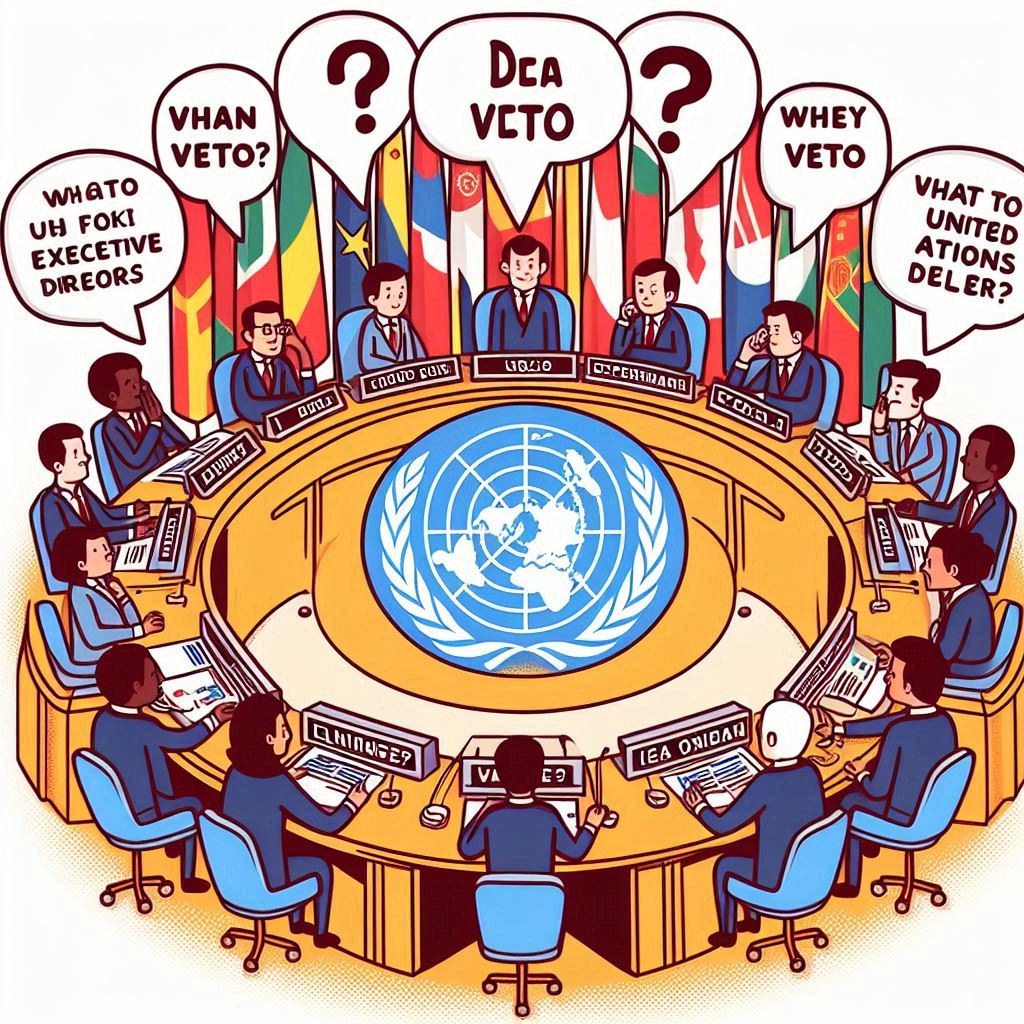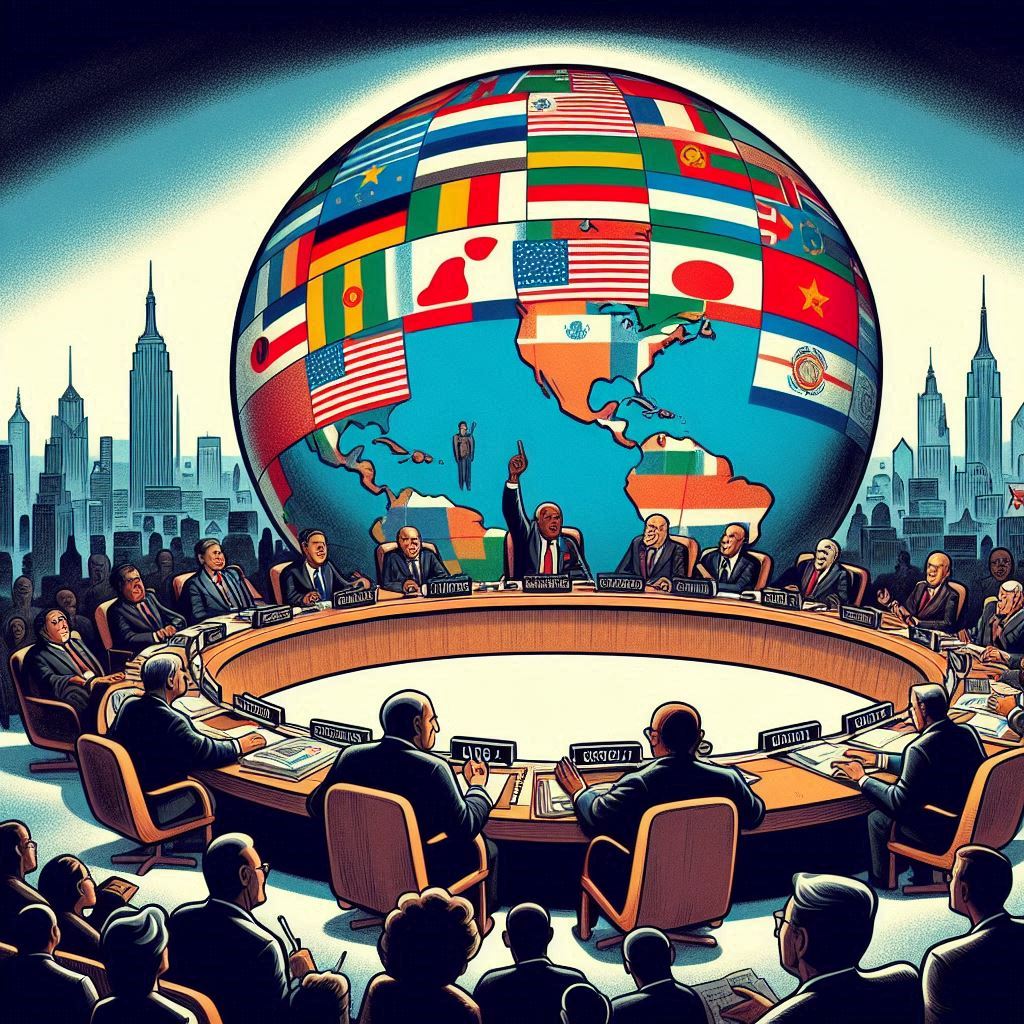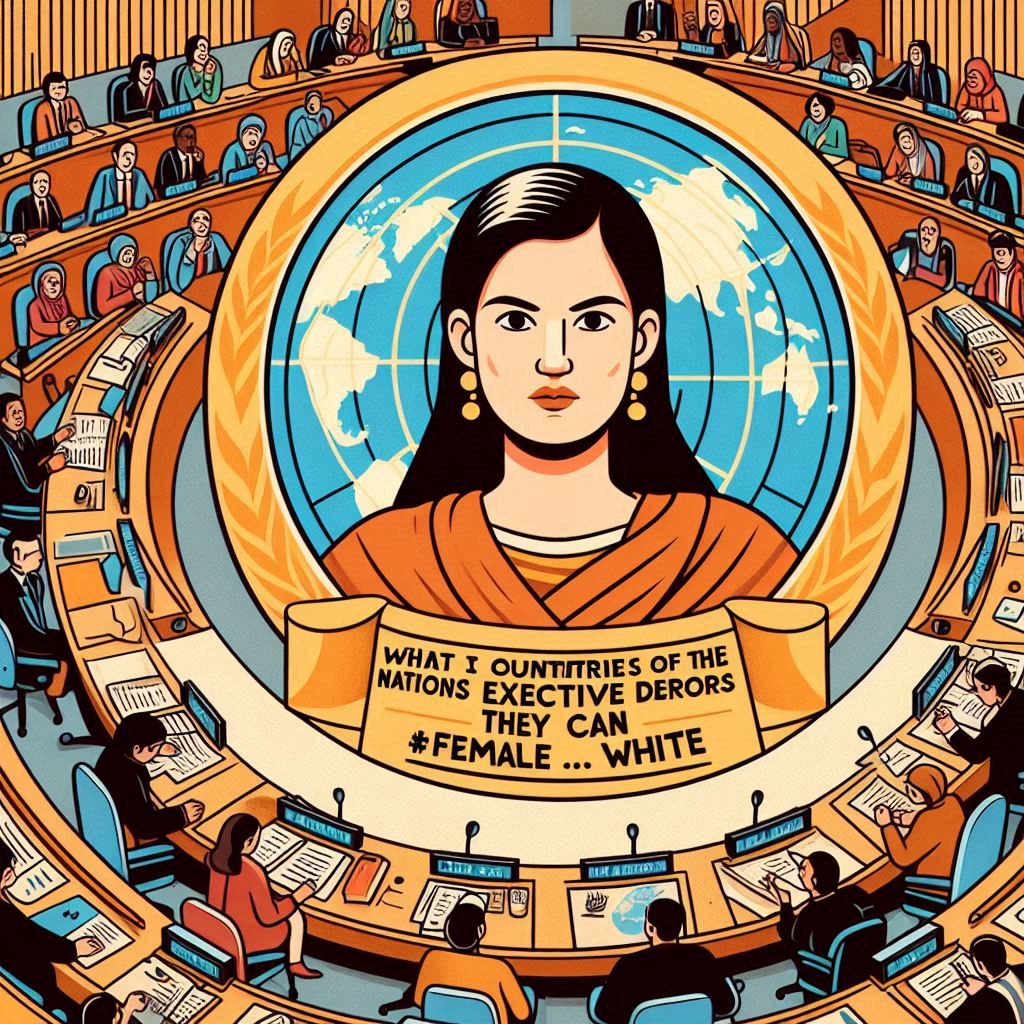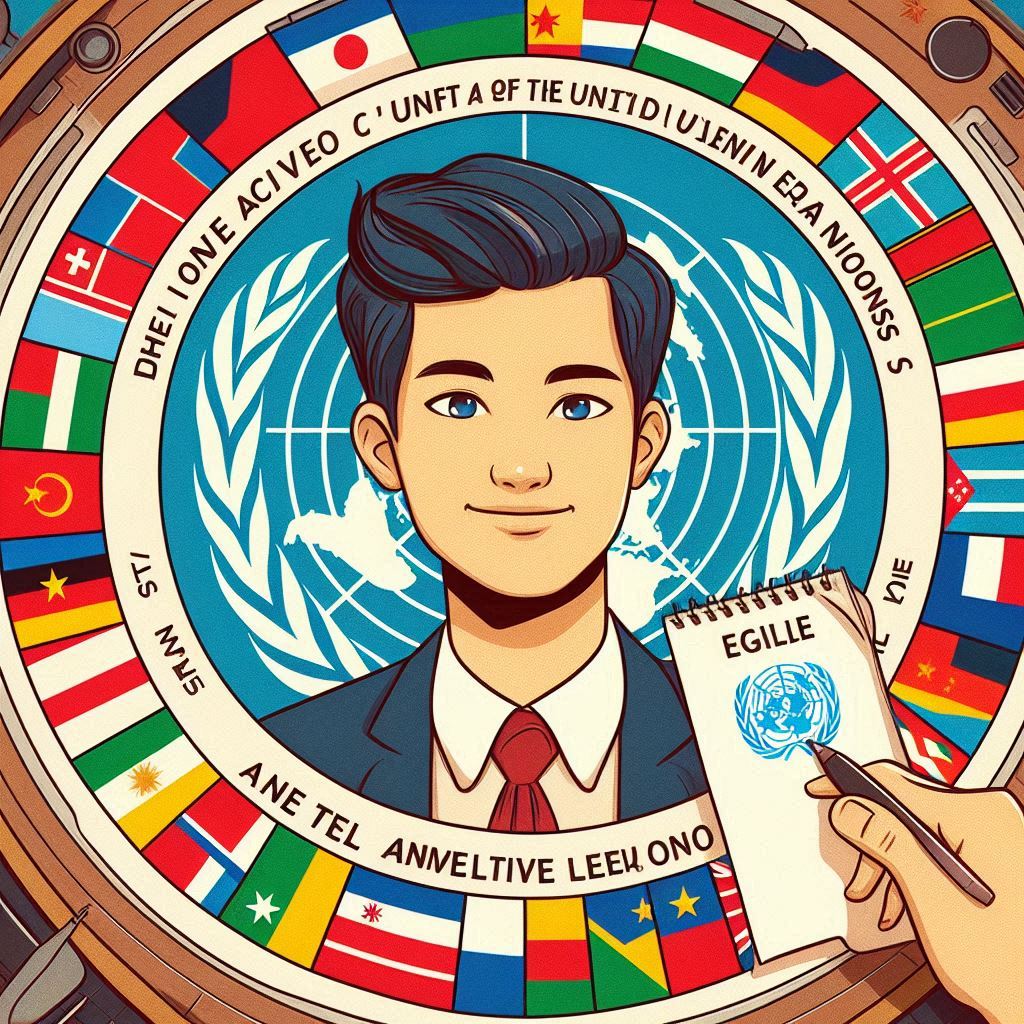聯合國通過議案表決,要讓巴勒斯坦成為會員。
聯合國大會於5月10日表決一項議案,呼籲安理會考慮讓巴勒斯坦成為聯合國會員。最終票數為143票贊成,9票反對。儘管議案獲得大會通過,但這並不意味著巴勒斯坦能順利成為一個被認可的國家,主要原因在於身為聯合國安全理事會常任理事國的美國將會行使否決權,直接反對該提案。
聯合國安全理事會(UN Security Council,簡稱UNSC)由15個成員國組成,其中包括5個常任理事國和10個非常任理事國。這5個常任理事國具有否決權,這意味著他們可以單方面否決任何非程序性決議。
聯合國安全理事會的成員國
常任理事國(P5):美國、英國、法國、俄羅斯、中國。
非常任理事國:非常任理事國由聯合國大會選舉產生,任期兩年,不能連任。非常任理事國每年更換一半(即5個國家),目前的成員國(截至2024年)包括:
斯洛維尼亞、蓋亞那、獅子山、南韓、阿爾及利亞。
為何常任理事國可以否決聯合國的決議?
常任理事國擁有否決權的原因可以追溯到聯合國的成立歷史和設計目的:
歷史背景:聯合國成立於1945年,當時世界剛剛經歷第二次世界大戰。聯合國的前身是國際聯盟(League of Nations),該組織因缺乏執行力和無法防止二戰爆發而失敗。在設計聯合國架構時,主要的戰勝國(美國、蘇聯、英國、中國、法國)希望確保新的國際組織能夠維持國際和平與安全,並防止再次爆發大規模戰爭。
維護大國共識:常任理事國代表了當時的主要戰勝國和全球主要的軍事強國。給予這些國家否決權旨在確保他們能夠在重大國際決策中保持一致,防止大國間的衝突升級為全球性戰爭。否決權機制確保了聯合國決策不會在沒有主要大國支持的情況下實施,從而增加決策的合法性和執行力。
大國責任與權利:常任理事國擁有更大的國際責任,包括維持全球安全和穩定。否決權是這些大國在國際事務中擁有更大話語權的體現。
權力平衡:否決權也是一種權力平衡的機制,可以防止某些國家或集團在聯合國中獲得過多影響力。總之,常任理事國的否決權是聯合國安全理事會設計的一部分,旨在確保國際和平與安全決策能夠得到主要大國的支持和共識。這一設計反映當時國際政治的現實和需要,但也因此受到一些批評,認為其過度集中權力於少數大國手中。
On May 10, the United Nations General Assembly voted on a resolution calling on the Security Council to consider admitting Palestine as a member of the United Nations. The final vote was 143 in favor and 9 against. Despite the resolution passing in the General Assembly, this does not mean that Palestine will automatically be recognized as a member state. The main obstacle is that the United States, as a permanent member of the United Nations Security Council, is expected to exercise its veto power and directly oppose the proposal.
The United Nations Security Council (UNSC) is composed of 15 member countries, including 5 permanent members and 10 non-permanent members. The 5 permanent members have veto power, meaning they can unilaterally block any non-procedural resolution.
Members of the United Nations Security Council
Permanent Members (P5): United States, United Kingdom, France, Russia, China.
Non-Permanent Members: Non-permanent members are elected by the United Nations General Assembly for two-year terms and cannot be immediately re-elected. Half of the non-permanent members (5 countries) are replaced each year. The current members (as of 2024) include:Slovenia、Guyana、Sierra Leone、South Korea、Algeria.
Why can the permanent members veto United Nations resolutions?
The reason for the permanent members' veto power can be traced back to the history and design purpose of the United Nations:
Historical Background: The United Nations was established in 1945, just after the end of World War II. Its predecessor, the League of Nations, failed due to a lack of enforcement power and its inability to prevent the outbreak of WWII. When designing the UN structure, the major victorious powers (the United States, Soviet Union, United Kingdom, China, and France) wanted to ensure that the new international organization could maintain international peace and security and prevent another large-scale war.
Maintaining Great Power Consensus: The permanent members represented the main victorious powers and the world's major military powers at the time. Granting them veto power was intended to ensure that they could maintain consensus on major international decisions, preventing conflicts among great powers from escalating into global wars. The veto mechanism ensures that UN decisions are not implemented without the support of the major powers, thereby increasing the legitimacy and enforceability of those decisions.
Great Power Responsibility and Rights: Permanent members have greater international responsibilities, including maintaining global security and stability. The veto power reflects these nations' greater influence in international affairs.
Balance of Power: The veto is also a mechanism for balancing power, preventing certain countries or groups from gaining excessive influence within the United Nations.
In summary, the veto power of the permanent members is part of the design of the United Nations Security Council, intended to ensure that decisions on international peace and security have the support and consensus of the major powers. This design reflects the political realities and needs of the time but has also been criticized for concentrating too much power in the hands of a few countries.




照片:DALLE3
- 1
- 2
- 3
- 4
